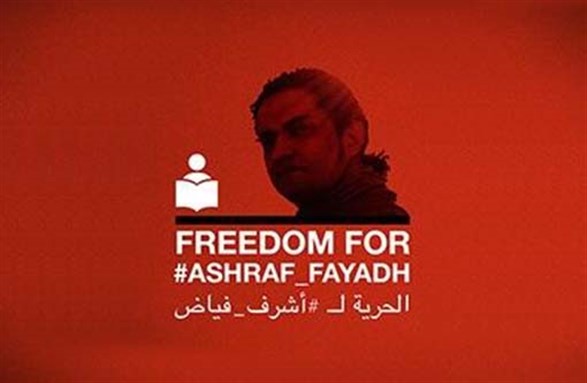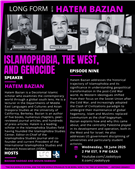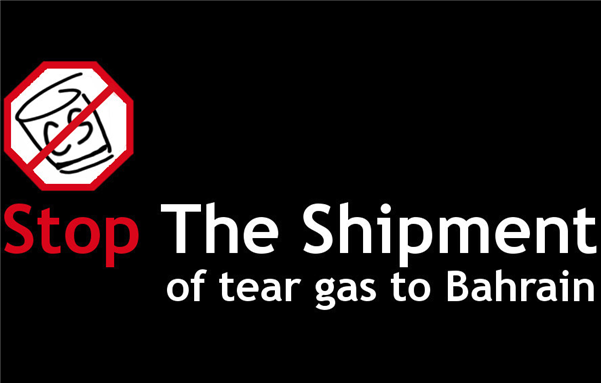[The following petition was issued on 11 February 2014 by the below signatories. The petition was organized in response to the Saudi authorities` arrest and detention of Ashraf Fayadh in 2013 for a collection of poems he published in 2008.]
As Arab authors, writers, artists, journalists, publishers, and activists, we are launching a solidarity campaign with Palestinian poet and artist Ashraf Fayadh who was detained in the Kingdom of Saudi Arabia two months ago and charged with “insulting the Godly self and having long hair.” We are extremely concerned that Fayadh is suffering from abuse and intimidation.
Fayadh is being detained at the Bureau for Investigation and Public Persecution in the Saudi city of Abha without clear legal charges beyond “insulting the Godly self” and having “ideas that do not suit the Saudi society.” These charges are based on the complaint of a reader’s interpretation of Fayadh`s 2008 poetry collection titled, Instructions Within.
This is not the first time that Saudi authorities have arrested Ashraf Fayadh. The poet was detained five months ago after a Saudi citizen filed a complaint with the Committee for the Promotion of Virtue and the Prevention of Vice accusing Fayadh of having “misguided and misguiding thoughts.” Fayadh was bailed out of jail at the time, only to get arrested again. According to sources close to Fayadh, the poet has been denied both visitation and legal representation rights.
We condemn these acts of intimidation targeting Ashraf Fayadh as part of a wider campaign inciting hate against writers and using Islam to justify oppression and to crush free speech. We express our solidarity with Fayadh, hoping to increase support for the poet as well as pressure to release him. Our efforts should come together to ensure the proliferation of free speech and personal freedoms. We specifically call on Saudi intellectuals to express solidarity with Fayadh against Takfiris’ intimidation practices meant to silence poets, writers, and artists like him.
Let the flag of creativity fly free and remain innovative.
Remaining silent towards Fayadh’s detention is an insult to knowledge, literature, culture, and thought as well as to freedom and human rights.
1. Habib Sirouri – Yemen
2. Fatma al-Shidi – Oman
3. Sami Saad – Egypt
4. Amira al-Qahtani – UAE
5. Mohammed Khedr – KSA
6. Nasr Jamil Shaath – Palestine
7. Saad al-Yasiry – Iraq
8. Heba Bu Khamseen – Kuwait
9. Wamid Shakir – Yemen
10. Nasser Rabah – Palestine
11. Abood Salman – Syria
12. Abdulathim Finjan – Iraq
13. Naheel Mhana – Palestine
14. Hind Joda – Palestine
15. Ahmad al-Zar`ie – Yemen
16. Ahmad Abdulhussain – Iraq
17. Wadah al-Jalil – Yemen
18. Abdullah al-Hamel – Algeria
19. Rima al-Bi`ieni – Syria
20. Ahmad al-Salami – Yemen
21. Rahman Najar – Iraq
22. Majed al-Madhaji – Yemen
23. Ibtism Triysi – Syria
24. Wisam Hashim – Iraq
25. Osama al-Haddad – Egypt
26. Mohammed Abdu al-Absi – Yemen
27. Alawi al-Saqaf – Yemen
28. Jalal al-Ahmadi – Yemen
29. Na`aim al-Khalidi – Yemen
30. Marwan Kamil – Yemen
31. Fathy Abdilsami` – Egypt
32. Ranwa al-Masry – Palestine
33. Ahmad al-`arami – Yemen
34. Heba Essam al-Dine – Egypt
35. Mona Najib Mohammed – Egypt
36. Hassona Fathy – Egypt
37. Suzanna Khawatmi – Syria
38. Ahmad Mahjoub – Egypt
39. Nabil Qasim – Yemen
40. Ahmed al-Mulla – KSA
41. Essam al-Zuhairy – Egypt
42. Latf al-Sarary – Yemen
43. Wadha al-Msajin – Bahrain
44. Ahmad Yaqoub – Palestine
45. Ali al-Muqrin – Yemen
46. Reem al-Lawati – Oman
47. Jalal al-Ahmadi – Yemen
48. Hassona Fathy – Egypt
49. Labkm al-Kantawy – Morocco
50. Sadeq al-Qadhi – Yemen
51. Fikry Qasem – Yemen
52. Yasser Abdilbaqy – Yemen
53. Abdulrahim Tabi` – Egypt
54. Fakhry Ratrot – Palestine
55. Marwan Ali – Syria
56. Abdulrahman al-Hallaq – Syria
57. Zaher al-Ghafri – Oman
58. Samia al-Aghbari – Yemen
59. Mounir al-Ma`amri – Yemen
60. Ali Salem – Yemen
61. Imad al-dine Mousa – Syria
62. Majed Sultan Zaid – Yemen
63. Fadila al-Shamy – Syria
64. Sufianne Abdelqaddous – Morocco
65. Joumana Farhat – Lebanon
66. Faten Faqih – Lebanon
67. Roa`a Barhom – Syria
68. Ghiath al-Junaid – London
69. Abdulrahman al-Mushawih – KSA
70. Mohannad Yaqoub – KSA
71. Faraj Hattab – USA
72. Alaa Hussain – Iraq
73. Ahmad al-Taihany – KSA
74. Abdullah Fayadh – Palestine
75. Hiya Talab – Egypt
76. Fayza Asiri – KSA
77. Areej al-Maghrabi – Morocco
78. Ali al-Dulaimi – Yemen
79. Ilkhay Mohammed – Morocco
80. Ersal Bishr – Yemen
81. `Afra al-Hiboury – Yemen
82. Sharif Buqna – KSA
83. Jabr Sha`ath – Palestine
84. Mona Kareem – Kuwait
85. Fathia al-Saqri – Oman
86. Mukhtar al-Maflahi – Oman
87. Yosry Abdulaziz Haiel – Yemen
88. Maryam Khiryabany – Lebanon
89. Raja`a Ghanim – Palestine
90. Sa`ad al-Baaz – Morocco
91. Sadeq al-Qadhi – Yemen
92. Abdulbasit al-Muqrin – Yemen
93. Kareem al-Hazza` – Kuwait
94. Waiel Ashry – Egypt
95. Ahmad Nada – Egypt
96. Basim al-Ansar – Iraq
97. Zahran al-Qasimi – Oman
98. Hussain Ali Younis – Iraq
99. Ahmad Naji – Egypt
100. Dara Abdullah – Syria


















